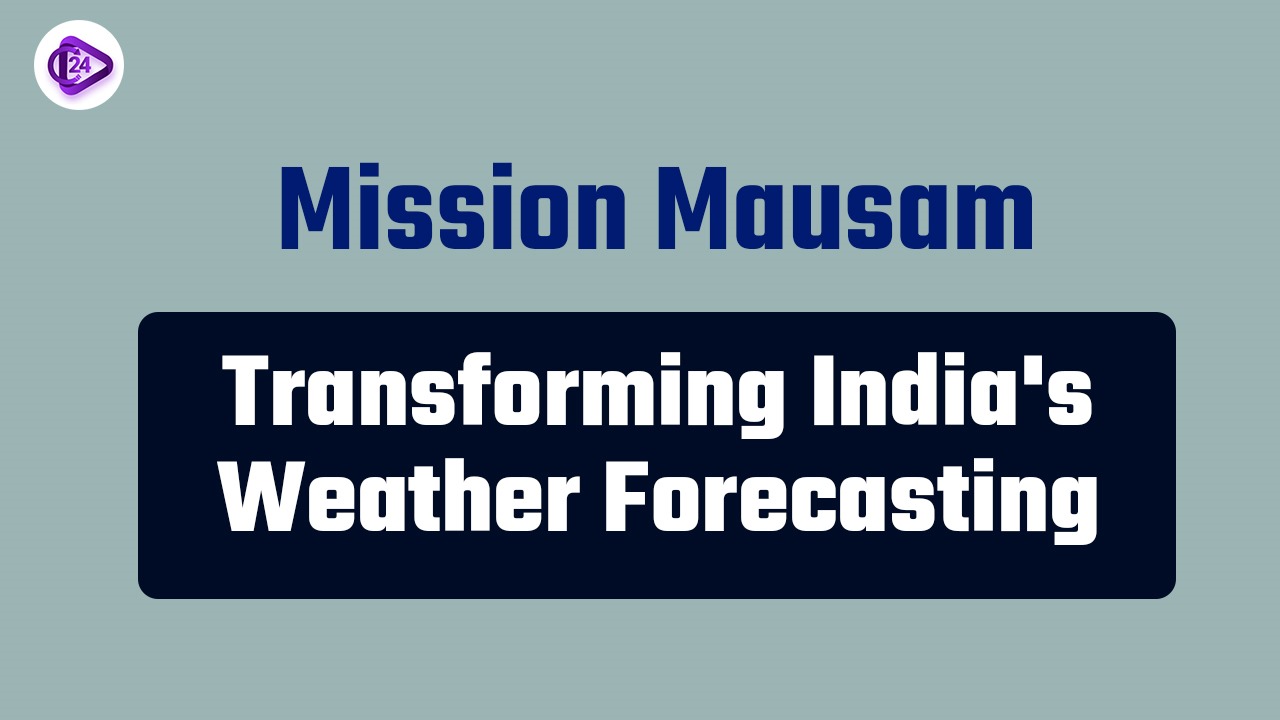
Mission Mausam under Modi Government 3.0 launched by Ministry of Earth Sciences focuses on improving the handling of various problems associated with weather as well as climate. A Centred Scheme for two years approved in September 2024 for ₹2,000 crore aims at enhancing weather forecasting and climate services across sectors, particularly in agriculture, disaster management, and rural India. In line with mission objectives, it wants to transform India into a ‘Weather Ready’ and ‘Climate Smart’ country and would incorporate technologically enhanced high-date range models and supercomputing systems to bring more specific and timely forecasts.
Prominent organizations involved in the initiative are India Meteorological Department (IMD), the National Centre for Medium-Range Weather Forecasting (NCMRWF), and the Indian Institute of Tropical Meteorology (IITM), with support from allied bodies such as INCOIS and NIOT. There are also international partnerships involved to establish India as a premier knowledge partner in weather and climate studies.
Overview
-
The Union Cabinet cleared Mission Mausam on September 11, 2024, for improving the Indian weather and climate services.
-
It also has ₹2,000 crore worth of funding for two years, under the Ministry of Earth Sciences (MoES).
Key Objectives
-
See more of enhancing forecasting for various time horizons (short-term, medium-term, seasonal).
-
Improve the forecast in the monsoon period based on the models with high resolution.
-
Enhance observational networks with the help of advanced technology
-
Focus on the Northeast, for example, attacking upcoming floods and landslides effectively with specific types of weather systems and pinned point forecasts.
Challenges
-
Geographical diversities mean that different regions have different model needs.
-
Two factors test predictions: these include fast climate change.
-
Lack of infrastructure in the rural centers and low levels of awareness among the people.
Conclusion
According to the paper, Mission Mausam is an important prerequisite to enhance the climate resilience of India. Using the technology and integrated approach, it seeks to reduce the impacts of climate change, improve the prediction, and overall increase disaster management thus helping in the provision of a new improved climate-smart future.



 Google’s Project Suncatcher Aims to Scale AI Data Centres in Space
Google’s Project Suncatcher Aims to Scale AI Data Centres in Space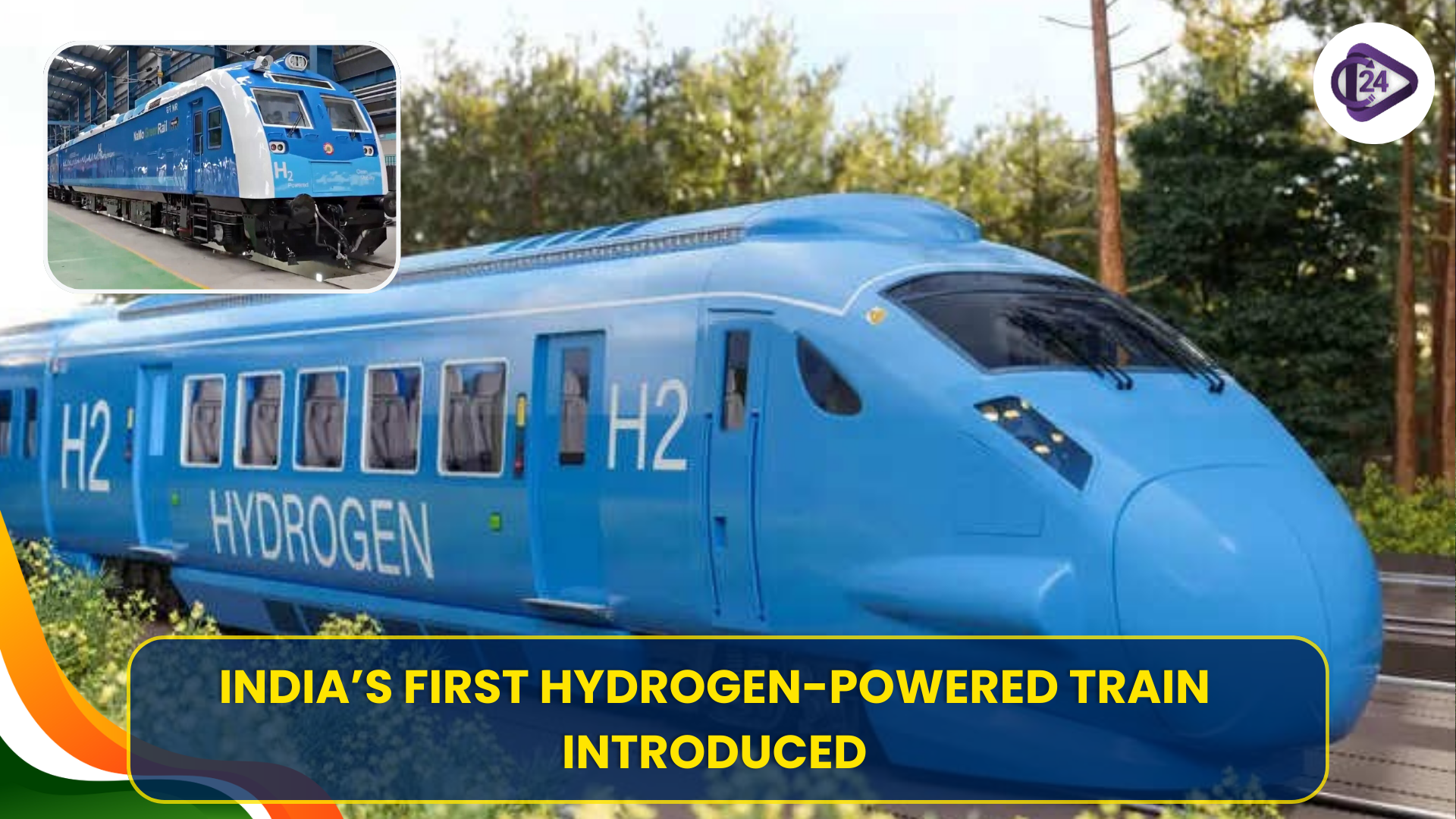 India's First Hydrogen-Powered Train Coach Successfully Tested at ICF Chennai
India's First Hydrogen-Powered Train Coach Successfully Tested at ICF Chennai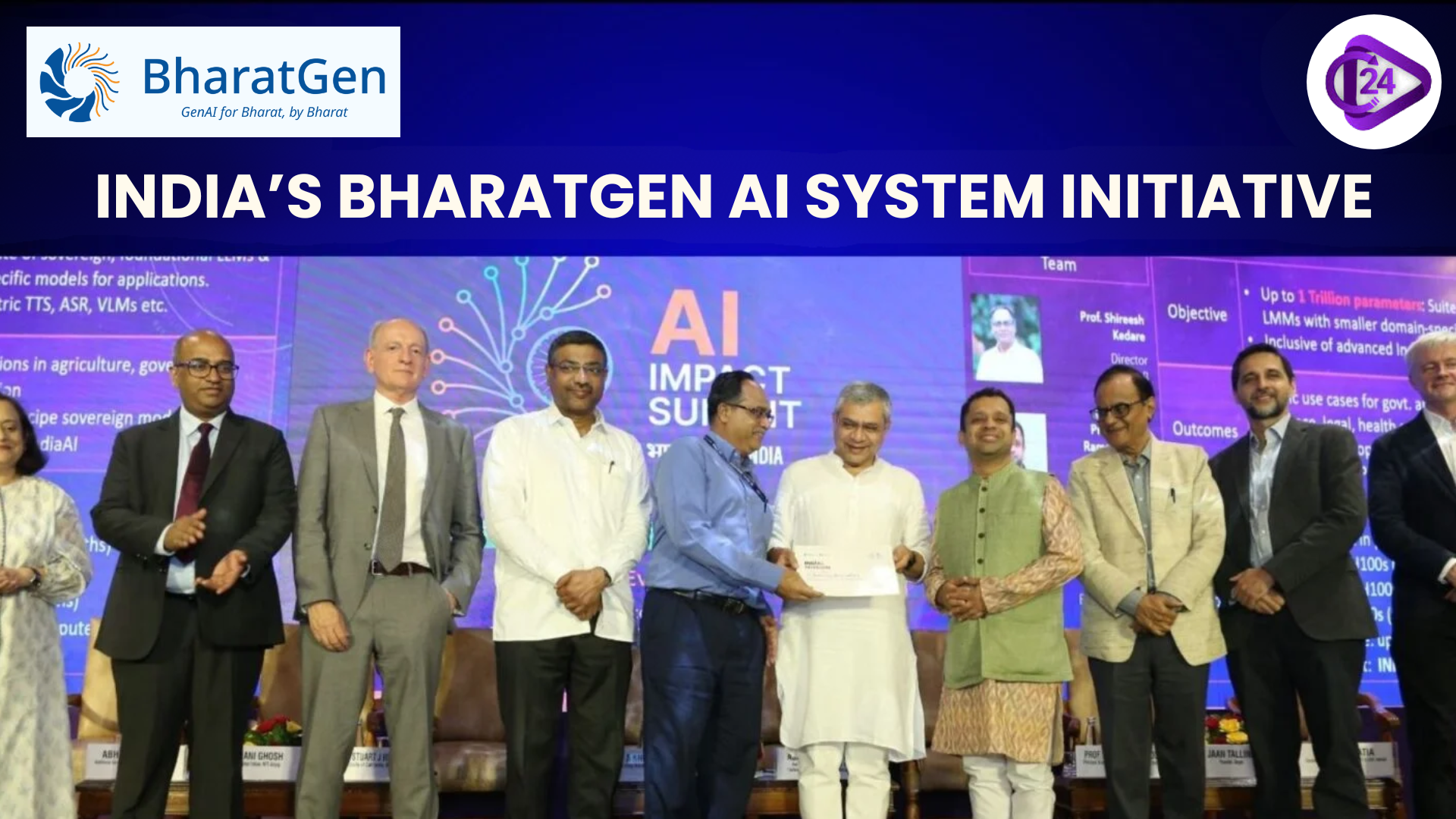 India’s BharatGen AI System Initiative
India’s BharatGen AI System Initiative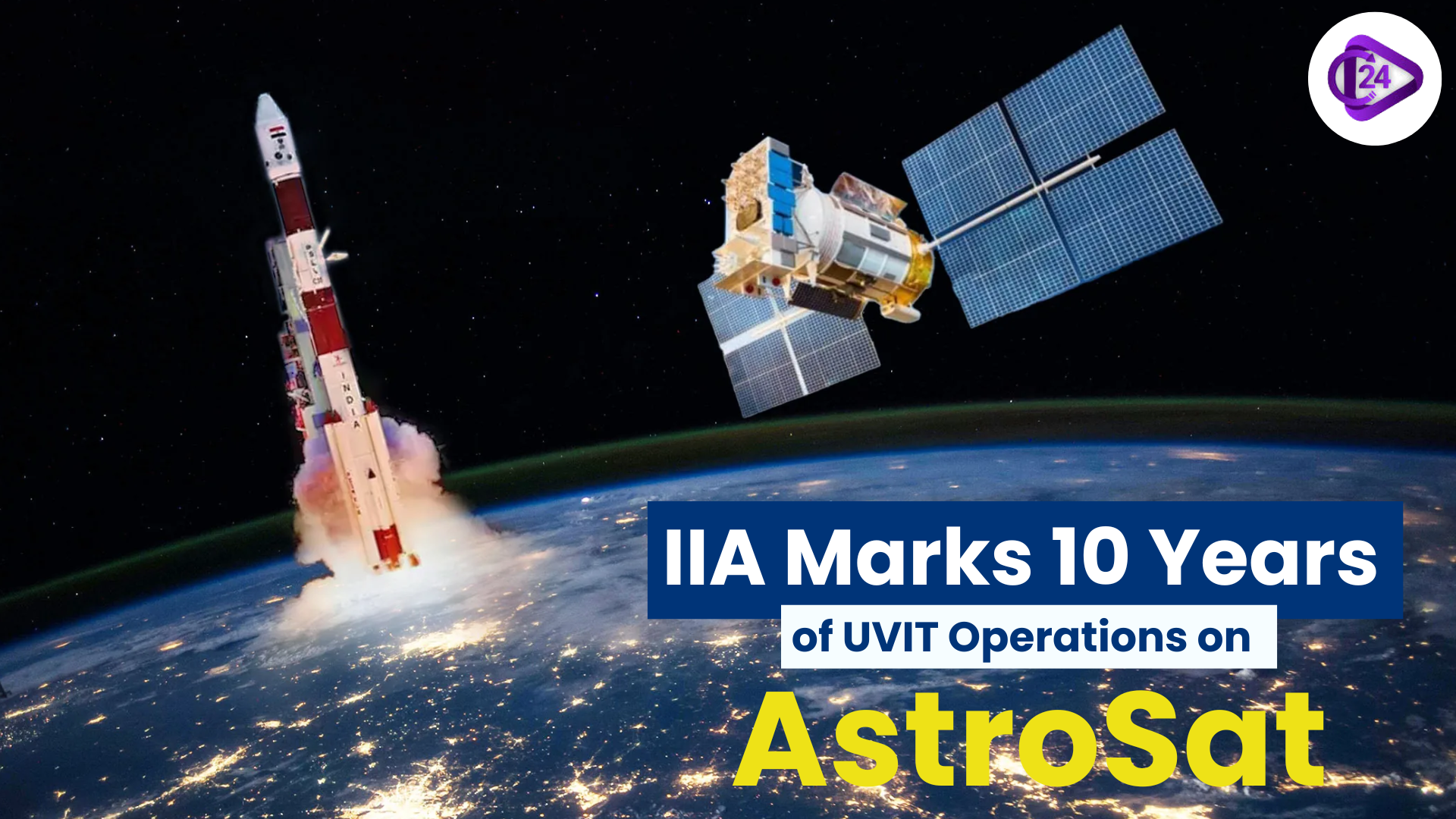 IIA Marks 10 Years of UVIT Operations on AstroSat
IIA Marks 10 Years of UVIT Operations on AstroSat PM Modi to Launch Skyroot’s Multi-Launch Vehicle Facility
PM Modi to Launch Skyroot’s Multi-Launch Vehicle Facility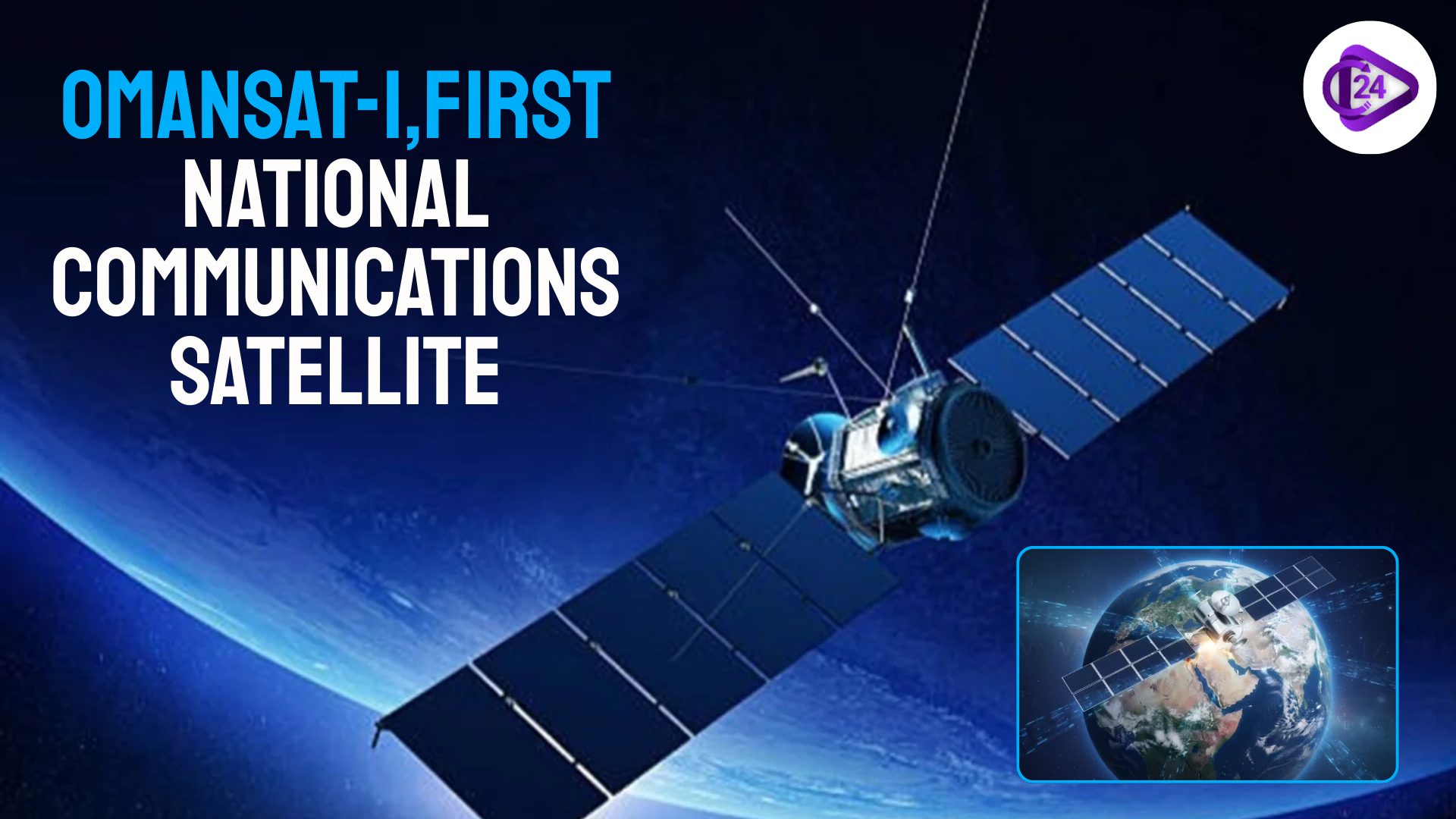 OmanSat-1 Oman’s First National Communications Satellite Launched Successfully
OmanSat-1 Oman’s First National Communications Satellite Launched Successfully India’s First Commercial PSLV to Propel Oceansat into Orbit Early Next Year
India’s First Commercial PSLV to Propel Oceansat into Orbit Early Next Year India’s First MWh-Scale Vanadium Redox Flow Battery Inaugurated at NTPC NETRA
India’s First MWh-Scale Vanadium Redox Flow Battery Inaugurated at NTPC NETRA Maharashtra Becomes First Indian State to Collaborate with Elon Musk’s Starlink
Maharashtra Becomes First Indian State to Collaborate with Elon Musk’s Starlink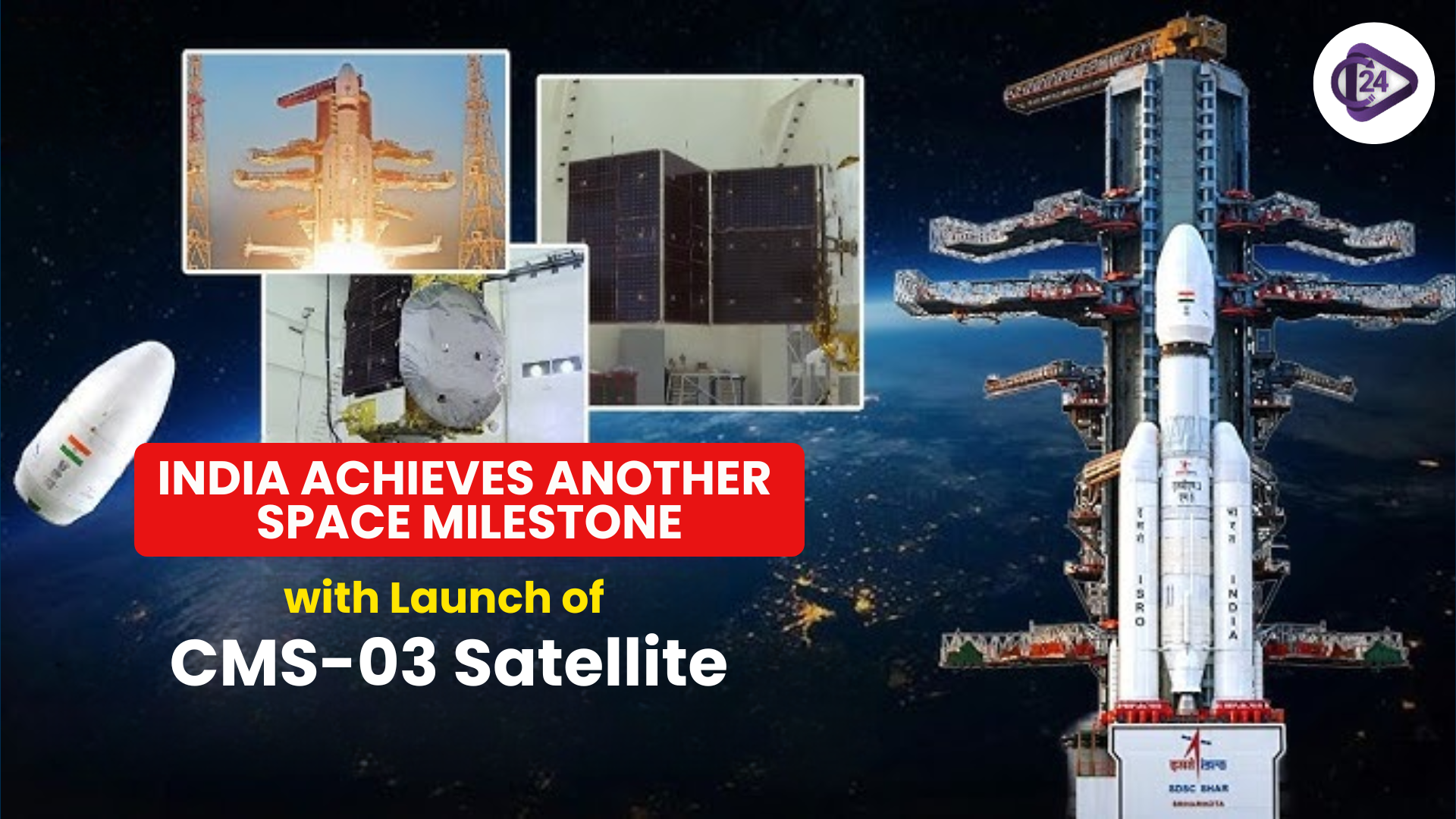 ISRO’s Bahubali Rocket Successfully Launches India’s Heaviest Communication Satellite CMS-03
ISRO’s Bahubali Rocket Successfully Launches India’s Heaviest Communication Satellite CMS-03






